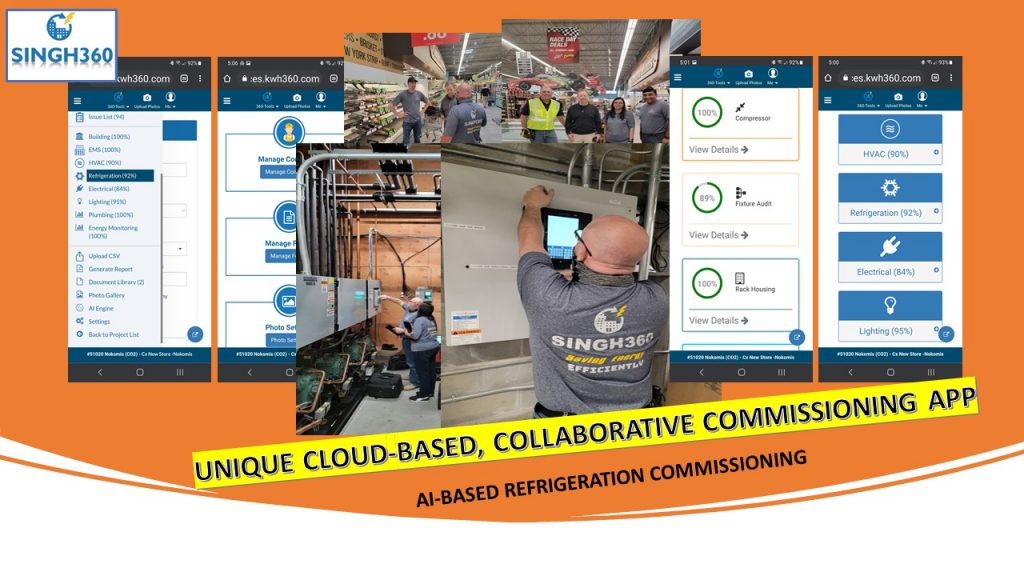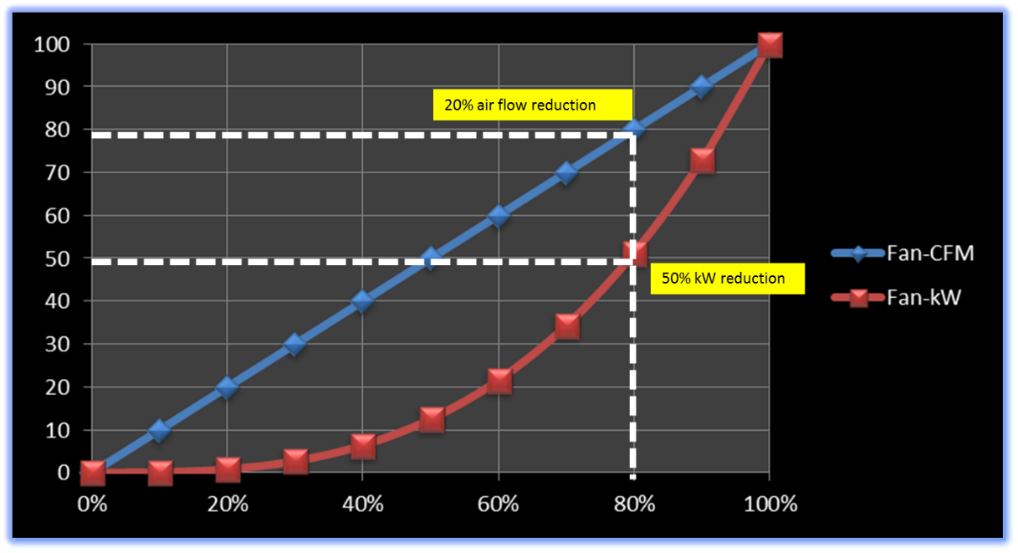No-Sweat Humidity Management for Supermarkets – FMI Energy Conference, New Orleans

Singh360 Founder to Share Efficient Methods For Controlling Excessive Humidity in Stores. Supermarkets often struggle to control excess humidity during summer and fall. These are the seasons when doors are most likely to fog up on refrigerated cases.
High humidity is a headache for grocery retailers for several reasons, according to Abtar Singh, founder and chief executive officer of SINGH360.
That’s why he will present effective ways to control excess store humidity at the FMI Energy and Store Development Conference in New Orleans on September 13.
“Condensed moisture can make it hard for customers to see the contents inside a refrigerated case,” Singh said. “The fogged glass compromises the customer’s shopping experience. It may also reduce the retailer’s sales.”





